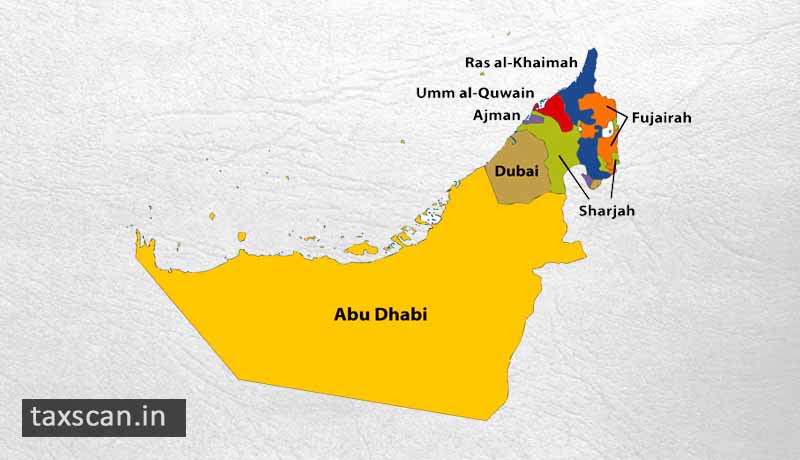VAT in UAE: All You Need to Know

With an object to move towards the vision of reducing dependence on oil and other hydrocarbons as a source of revenue, the United Arab Emirates (UAE) and other Gulf Countries are going to implement VAT from 1st January 2018.
A draft legislation, the Tax Procedure Bill had been approved by the Federal National Council (FNC) in March this year. The Government has already been started awareness campaign to educate stakeholders and to equip them to get ready for the new tax law.
Value Added Tax (VAT) is an indirect tax levied on the consumption of goods and services. Business entities and persons who are enrolled under the VAT law need to remit tax to the government while supplying goods or services during the course of their business.
Under the VAT system, tax will be levied at each stage in the supply chain and is collected by businesses on behalf of the Government and it will be ultimately incurred and paid by the end consumer.
VAT will be applied to taxable goods and services at the rate of 5 per cent. However, basic consumer goods, healthcare and education, etc are exempted from taxation.
Local passenger transport and residential properties which are supplied after 3 years are also exempted from taxation.
The Government has announced final VAT regulations last month.
Eligible resident taxable persons including non-residents and investors and their agents as well as nominated representatives etc., will have to register and ensure specified compliance under the new VAT, excise law.
All the eligible tax persons are bound to apply for a Tax Registration Number (TRN) within a stipulated time frame once the new laws are rolled out in UAE.
Agents/ legal representatives are required to obtain registration for all compliances and can remit tax on behalf of their principals.
Strict penal provisions are there under the new tax regime for non-compliance with the provisions of the Act. Penalty includes prison terms for responsible and key management personnel/owners and also fines up to five times the tax due and payable by each taxable person and or entity who is in default including any wilful default of any tax provisions.
Procedures and timelines for appeals and its disposal have been clearly defined which is likely to be within 20 business days from the date of the taxable or appeal event or liability becoming due for payment.
Other key provisions include tax audits, inspections, appeals and their redressals etc.


